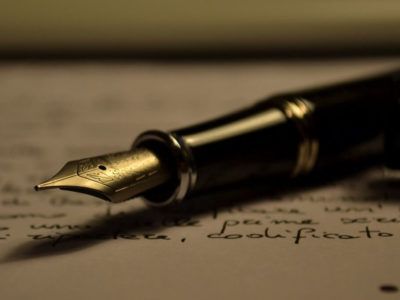Blink. Blink. Blink. The cursor mocks you, defiantly flashing at the top of an empty Microsoft Word document. Your fingers hover over the keyboard, suspended, before darting down in quick, practiced movements, portraying a false confidence – each successive keystroke accompanied by a growing sense that something, something is not quite right. Your index finger tracks to the top right-hand corner of the keyboard and presses down hard on the backspace button until all that’s left is the cursor. Blink. Blink. Blink.
Writer’s block. We’ve all been there. Luckily, there are some strategies to get the creative juices flowing. Here are a few.
Don’t Start from the Very Beginning

Julie Andrews had no idea what she was talking about. It’s 2015 – start at the end if you feel rebellious. Find a word or a phrase you like, work the body of your piece, develop its central argument and the rest will come.
Offer a Portion of Your Harvest to Seshat, the Egyptian Goddess of Writing
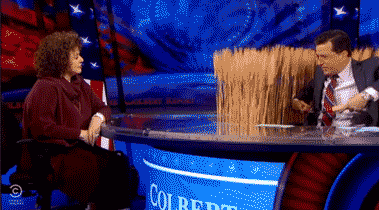
I believe the current exchange rate is one bushel of wheat per two hundred words of prose. Pretty steep, I know, but it’s a tough economy and right now you’ve got more grain than good ideas. And Seshat has an infinitely vast mouth to feed, so dust off your yoke and start plowing. Maybe you’ll get this thing done by midnight.
Just Keep Typing, Just Keep Typing…
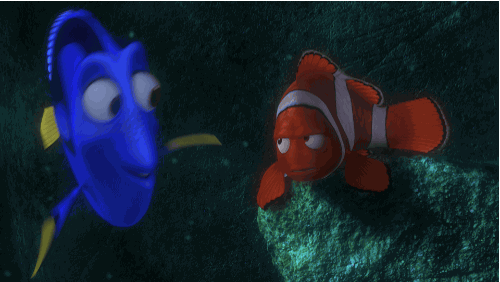
Sometimes it’s best to lay off the backspace and hit enter instead. In the words of William Stafford, an American poet, “There’s no such thing as writer’s block for those whose standards are low enough.” Fill up your word document with bad ideas; embrace them, immerse yourself in them and then begin to figure out what’s wrong with them. Eventually the horrendous will separate itself from the not-so-bad, the Jack and Jill’s from the Billy Madison’s, the drunk texting your ex from your ex texting you drunk.
Take a Break
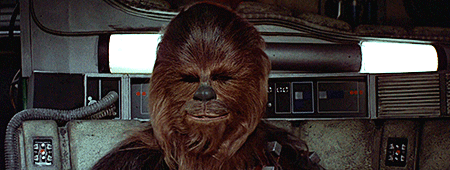
Take a couple of minutes to clear your head; a new perspective on things can really provide a piece with fresh breath. Yes, go outside. Take a walk. Steal your mom’s car keys. Start driving. Don’t stop. Abandon said car in a remote parking lot two states south. Buy an unmarked van from a shady used-car dealer. Use a fake name. Pay in cash. Drive north and abandon the van in upstate Montana. Follow the North Star until you hit a river and walk upstream until you hit a town. Cross the border and assume the identity of Greg, a down-on-his-luck moose trader from Saskatchewan looking for a fresh start that involves never having to write again.
Stop Searching the Internet for Writing Tips
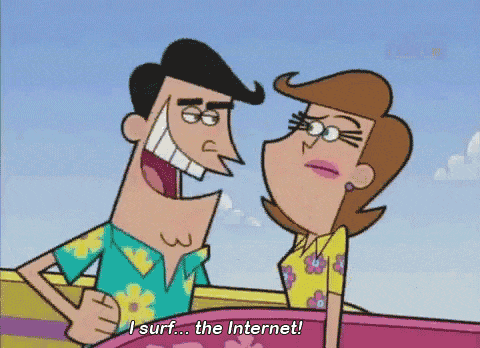
Eventually, you’re going to actually have to write something. Sure, the internet has a lot of words – words that say things, and oftentimes useful things – but they let just about anybody put stuff on the internet these days, including me for some ill-advised reason. And frankly, I shouldn’t be giving advice to anybody. On that note, at the risk of sounding like an early 2000’s Disney commercial, the words need to come from inside you. There’s really no trick to turn you from Fred Flintstone into F. Scott Fitzgerald, but if you change your frame of mind, whether through music, coffee or jumping jacks, you might just be able to shake out an idea or two. Speaking of ill-advised advice…
Embrace Substance Abuse as a Writing Strategy
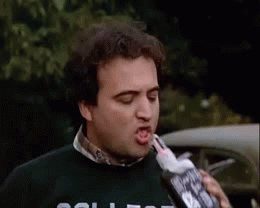
“Write drunk, edit sober.” Quality life advice coming hot off the press from Ernest Hemmingway. But what does he know about writing? He’s only one of the great American novelists. All the greats abused some sort of substance: Lewis Carrol wrote Alice in Wonderland strung out on LSD; F. Scott Fitzgerald did his best work between weekend-long benders worthy of West Egg Gatsby’s bangers; Edgar Allen Poe drank himself into a depression that inspired some of his best work. The list goes on. Frankly, you’ll be doing yourself a disservice if you don’t start ripping shots right now. Your liver won’t thank you, but your writing will. And even if your writing won’t thank you, you’ll be too drunk to care anyway. That’s a win-win in my book.

